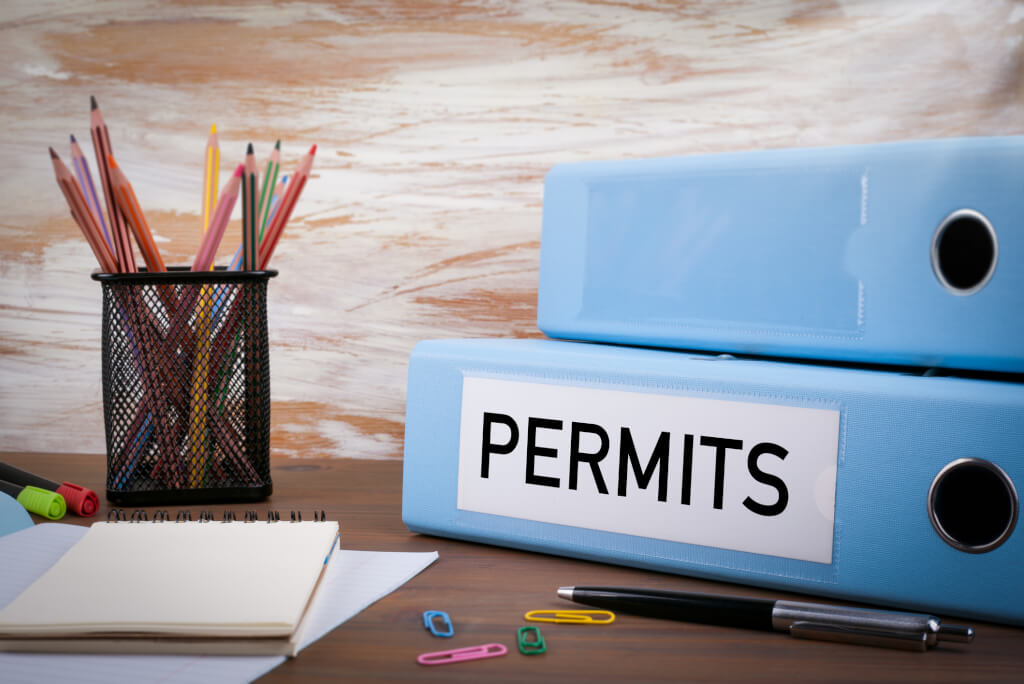Mastering home purchase finances with essential budgeting tips
Buying a home is a significant financial decision that requires careful planning and budgeting. Understanding your finances and aligning them with your housing goals is crucial to avoid future financial strain. This guide will walk you through essential budgeting tips, ensuring you’re well-prepared for the homebuying journey.

Photo Credit: IStock
Embarking on the path to homeownership involves more than just finding the perfect property; it demands a thorough understanding of your financial standing. Establishing a solid budget is the cornerstone of successful home buying, enabling you to make informed decisions without compromising your financial health. By setting realistic financial goals, you can navigate the complexities of home buying with confidence. Financial requirements like FHA home loan requirements should be considered early in the process to ensure readiness.
Setting a realistic budget
Determining a practical budget is pivotal when planning to purchase a home. It starts with an honest assessment of your current financial situation, including income, debts, and monthly expenses. Calculate how much you can comfortably allocate towards housing costs without sacrificing other essential aspects of your life. This might involve using online calculators or consulting with financial advisors to get a precise estimate.
One effective method is adhering to a guideline that suggests a certain percentage of your gross monthly income should go towards housing expenses, and total debt payments should not exceed a specific percentage. This guideline helps keep your spending in check while setting achievable financial goals. Additionally, anticipate future expenses such as maintenance and repairs, which are inevitable parts of homeownership.
Setting clear savings goals is equally important. Create a timeline for reaching these objectives and adjust as necessary based on changes in income or expenses. It’s essential to have a cushion for unexpected costs that may arise during the buying process or after moving in. With a well-thought-out budget, you’ll be better positioned to handle financial challenges along the way.
Planning for the down payment
The down payment is a significant component of buying a home, often representing a considerable portion of your savings. It directly impacts your mortgage terms, including interest rates and loan amounts. Therefore, understanding how much you need to save is crucial for effective down payment planning.
Start by researching various loan options to understand different down payment requirements. Some programs may offer reduced down payment options for first-time buyers or those with limited funds. Saving systematically by setting aside a fixed amount each month can help accumulate the necessary funds over time.
Exploring down payment assistance programs can also be beneficial. These programs are designed to support eligible buyers in achieving their homeownership dreams by offering grants or low-interest loans that cover part of the down payment or closing costs. Investigating these resources early on can ease the financial burden associated with purchasing a home.
Navigating financial requirements
Navigating the financial requirements of purchasing a home involves understanding various criteria set by lenders and financial institutions. These requirements often include credit score assessments, proof of income, and debt-to-income ratio evaluations. Meeting these prerequisites ensures smoother transactions during the mortgage approval process.
A critical aspect is maintaining a good credit score, which plays a significant role in securing favorable loan terms. Regularly monitoring your credit report and addressing any discrepancies can improve your creditworthiness over time. Lenders also assess your employment stability and income levels to ensure you have a reliable source of repayment for the mortgage.
Furthermore, understanding specific loan requirements is vital for aligning your finances with lender expectations. Whether you’re considering conventional loans or government-backed options like FHA loans, each has its unique set of criteria. Preparing documentation in advance and seeking guidance from mortgage professionals can help streamline this process.
Avoiding financial pitfalls
Avoiding common financial pitfalls is essential when navigating the complex world of home buying. One frequent mistake is underestimating additional costs beyond the purchase price, such as property taxes, insurance, and homeowners association fees, which can significantly impact your budget.
Another potential pitfall is neglecting to manage existing debts effectively before applying for a mortgage. High levels of outstanding debt can lower your credit score and affect loan eligibility. It’s advisable to pay down debts strategically while avoiding taking on new ones during this critical period.
Improving your credit score before starting the home buying process can increase your chances of securing favorable terms. Consistently paying bills on time and reducing credit card balances are practical steps towards enhancing creditworthiness. Being financially prepared enables you to focus on finding the right home without unnecessary stress.
Читайте также на ForumDaily:
Keeping Your SSN Safe: Simple Steps to Protect Your Personal Information Online
Managing Elderly Care in New York
Manage Overflow During Home Renovations with Self-Storage
Подписывайтесь на ForumDaily в Google NewsХотите больше важных и интересных новостей о жизни в США и иммиграции в Америку? — Поддержите нас донатом! А еще подписывайтесь на нашу страницу в Facebook. Выбирайте опцию «Приоритет в показе» — и читайте нас первыми. Кроме того, не забудьте оформить подписку на наш канал в Telegram и в Instagram— там много интересного. И присоединяйтесь к тысячам читателей ForumDaily New York — там вас ждет масса интересной и позитивной информации о жизни в мегаполисе.


















